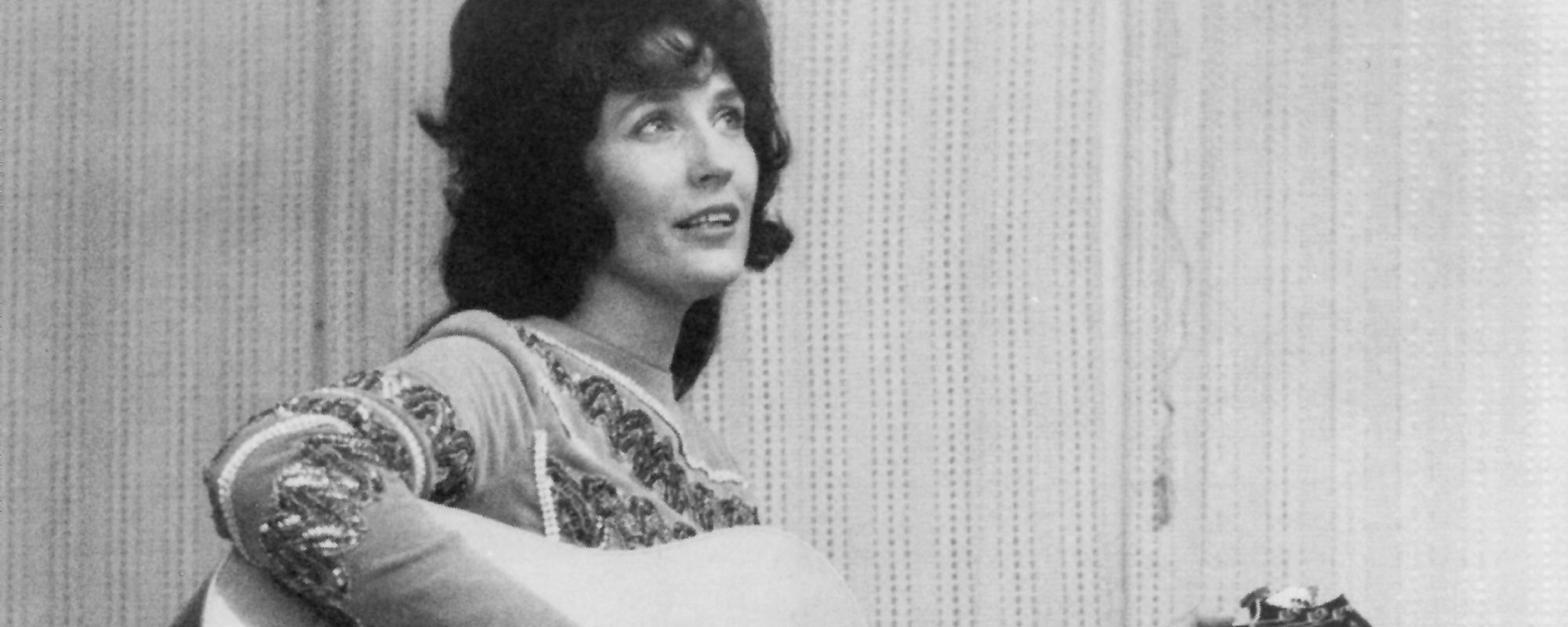John Prine tried something novel with his 1978 album Bruised Orange. The album was his first for his new label, and it also found him working for the first time with a fresh producer, even if that producer was an old friend.
Videos by American Songwriter
The constant with all John Prine albums, his one-of-a-kind songwriting gift, ended up carrying the day. And it automatically put Bruised Orange near the top of the heap of singer/songwriter albums in the second half of the ’70s.
Orange Blossoms
We think of John Prine as the amiable everyman, churning out his songs for anyone who wanted to hear them. But Prine wanted his career to get the best treatment it deserved, just like anyone else. That’s why he chose to bolt from his label (Atlantic Records) following his 1975 album Common Sense.
Prine felt the label was just using him as a way to build up a catalog of usable songs, without actually promoting the work as recorded. He jumped ship to Asylum Records, a label known for its stewardship of the leading lights of the singer/songwriter movement.
They were able to give Prine a nice cushion in terms of his recording budget—maybe too nice, as it turns out. Prine wanted to work with Cowboy Jack Clement. The pair set to work laying down Prine’s latest batch of songs.
While the pair got along famously, the results that emanated from the sessions didn’t meet Prine’s approval. That’s why he turned on a dime after nearly a whole album’s of material was in the can and started from scratch with Steve Goodman. Like Prine, Goodman had come of age as a singer/songwriter from Illinois, so he made for a kindred spirit in the studio.
Common Sense also received an unexpected contribution from Phil Spector. Known for his Wall of Sound, echo-drenched productions (not to mention his volatile behavior), Spector seemed like an odd fit for the minimalist recordings of Prine. But their co-write, “If You Don’t My Love,” turned into one of the album’s high points.
Revisiting the Music of Bruised Orange
Goodman wisely didn’t overdo anything in his production of Prine’s material, instead letting his melodies and words take the spotlight. There’s enough variety here to keep things from getting too settled, with the LA rock feel of tracks like “Bruised Orange (Chain of Sorrow)” and “Crooked Piece of Time” balanced against the country vibes of “There She Goes” and “Iron Ore Betty.”
Throughout the album, Prine effortlessly propagates his mix of winking humor and crusty realism, often within the course of individual songs like “Fish and Whistle” and “Sabu Visits the Twin Cities Alone.” “If You Don’t Want My Love” feels like it could have been a hit if radio had ever given Prine a chance.
The pathos Prine mined so consistently within his career also comes to the fore here. “The Hobo Song” finds him writing about tramps in dignified fashion without sugarcoating their obsolescence. “Bruised Orange (Chain of Sorrow)” stands as one of his towering achievements and best recordings, as Prine manages to connect a senseless tragedy he witnessed as a youth to adults getting hung up on their anger.
All John Prine albums eventually get compared to his monumental, self-titled debut, which isn’t fair to them (or any other album that might suffer that fate). Bruised Orange doesn’t hit those heights, but it gives listeners an excellent overview of Prine’s writing and performing strengths. And that’s more than enough to make it a must-have.
Photo by Kirk West/Getty Images













Leave a Reply
Only members can comment. Become a member. Already a member? Log in.